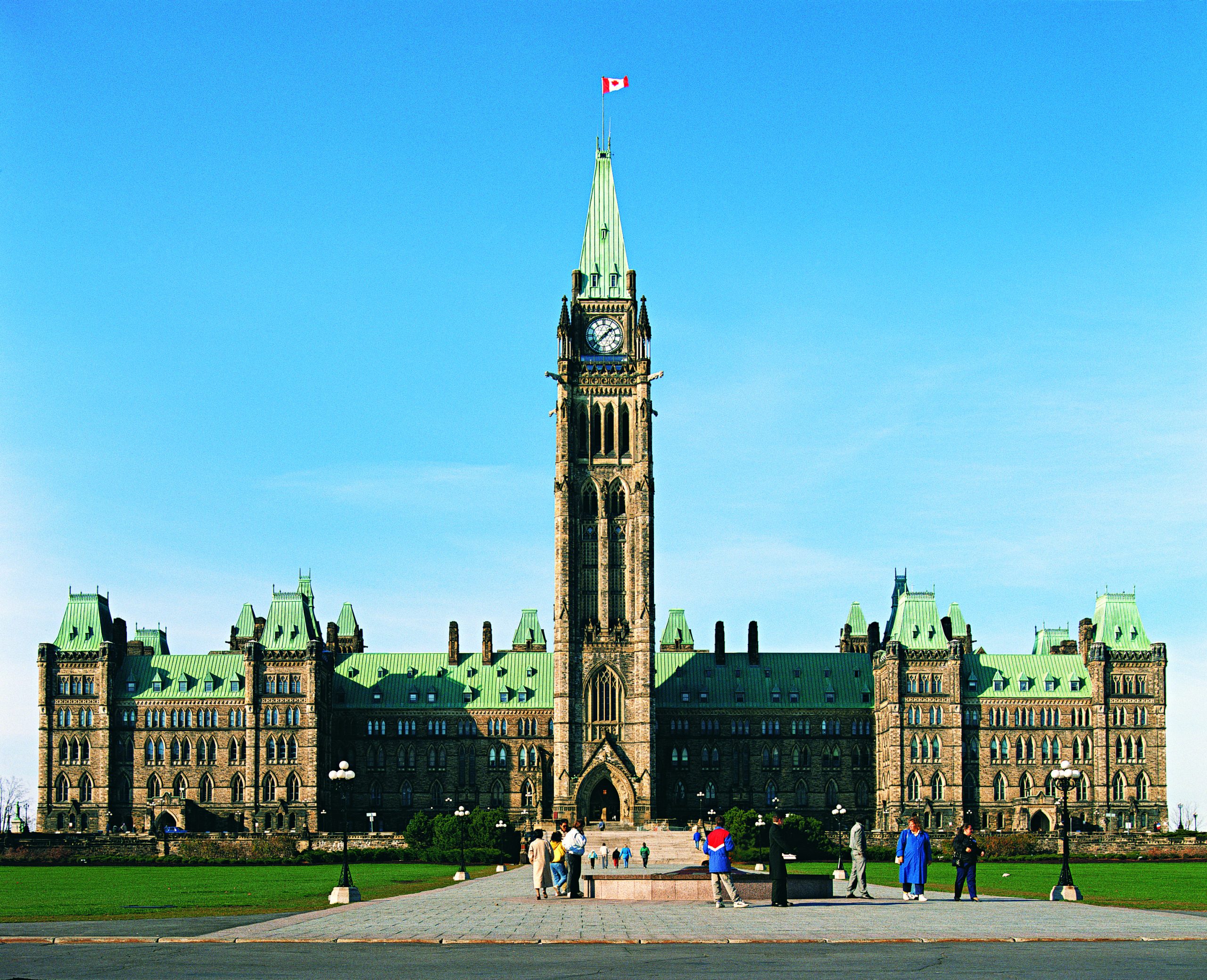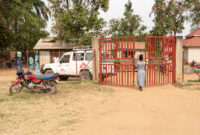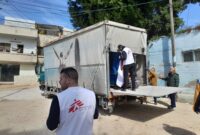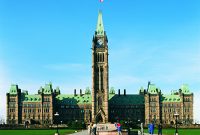MSF response to new Canadian government counterterror laws
Today, the Canadian government introduced amendments to the Criminal Code provisions that have been standing in the way of Canadian humanitarian organizations providing crucial humanitarian assistance to people affected by emergencies.
Despite finally acknowledging that Canadian laws can inadvertently criminalize impartial humanitarian workers, these amendments unfortunately create new bureaucratic hurdles for organizations to overcome. These amendments also contradict the fundamental principles of independence and impartiality of humanitarian assistance under international humanitarian law. Upholding these principles is essential to delivering assistance quickly and safeguarding humanitarian workers and organizations who are increasingly targeted by violence during armed conflicts.
Doctors Without Borders/Médecins Sans Frontières (MSF) does not support these changes and encourages Canada to instead enact a full humanitarian exemption, as recommended by the Canadian Parliament’s Special Committee on Afghanistan, to ensure that humanitarian assistance to people affected by conflict is not held back by any laws intended to criminalize terrorism-related offences. MSF encourages the Government of Canada to improve the draft legislation by learning from the experience of other States who have included a humanitarian exemption in their relevant laws.
Jason Nickerson, Humanitarian Representative to Canada, Doctors Without Borders/Médecins Sans Frontières (MSF)
“The idea that someone could be charged with a crime for providing medical care to a patient in a hospital in a conflict is ridiculous and out-of-step with international humanitarian law that explicitly prohibits punishing a person for upholding medical ethics. The legislation proposed by Canada today requires humanitarian organizations to seek permission from the Canadian government before we send medical staff to respond to some humanitarian crises – what happens if they say no? Do we walk away from maternity hospitals or primary health clinics? The Geneva Conventions and International Humanitarian Law clearly state that countries have an obligation to facilitate the delivery of humanitarian assistance and a duty to not criminalize the work performed according to medical ethics, yet that’s exactly what this legislation does.
The amendments proposed by the Government of Canada are incompatible with the level of flexibility and urgency required for delivering an emergency humanitarian response. For years, we have known that parts of Canada’s Criminal Code could make delivering humanitarian assistance to some people a criminal act. MSF has been advocating for a humanitarian exemption in the Criminal Code to remove any risk that our staff or our organization could be charged with a criminal offence for delivering medical care to a patient in a place where Canadian anti-terror laws apply. Today’s amendments to the Criminal Code do not remove this uncertainty, and in fact introduce new, onerous requirements that will delay lifesaving assistance to people during emergencies in areas where these laws apply.
The Canadian government should not be in the business of putting up barriers or criminalizing medical staff who are delivering babies, vaccinating people in refugee camps against measles, and saving lives under the most challenging of circumstances in the world’s most complex humanitarian emergencies.”












